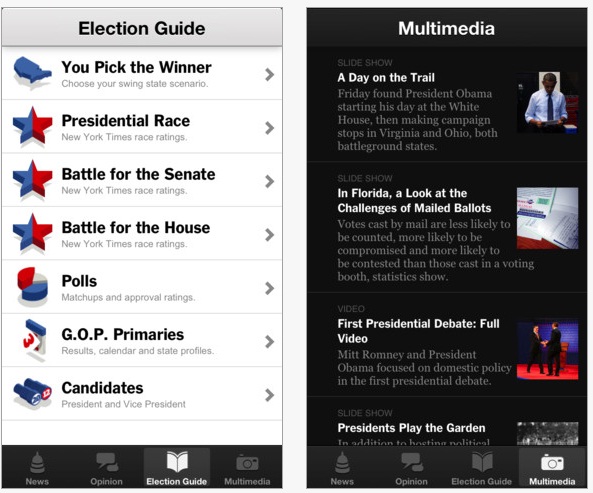BBC was among the many Western media outlets to ridicule a Chinese newspaper for being fooled by an article on an American satirical website calling the Korean leader Kim Jong-un the sexiest man alive. Only a few days later the BBC’s own journalists apparently fell into a similar trap, after reporting on a dialogue between Mark Zuckerberg and the Head of Communication Service of Tajikistan, a small Central Asian country with no more than 40,000 Facebook users. The news was first reported by Russia’s two largest news agencies ITAR-TASS and RIA-Novosti as an update to a story which reported that Facebook had been blocked in Tajikistan. Other media outlets, including the Russian service of the BBC, quickly reported the phone call without verifying the story’s validity or questioning its occurrence. To their credit, it should be mentioned that the original information came from state authority Beg Zuhurov, Head of the Communication Service.
While the statements made by the top communication authority of the country are not always worth reporting, this dialogue with Zuckerberg definitely would be, if only it were true. This raises the question of whether news agency reports should be blindly trusted by journalists. The Tajik people have questioned Zuhurov’s competence as Head of the Communication Service on more than one occasion, so it came as no surprise when reports surfaced that Zuhurov actually believed Zuckerberg had contacted him through a translator named Sergey Brin. What surprised the country was the coverage by international media, which were oblivious to the fact that the call was actually a prank. On November 26 all Internet providers in Tajikistan blocked access to Facebook. Zuhurov’s service first denied their involvement, but after an official letter leaked to the Internet asking companies to block access to the network for “technical and preventive maintenance,” Zuhurov relented and confirmed his participation. Citizens of Tajikistan enjoy a larger degree of freedom of speech when compared to nearby Uzbekistan and Turkmenistan. Nevertheless, censorship is a still a big issue and media outlets have repeatedly faced the risk of closure and lawsuits for practicing their right to free speech.
Renesys, an American company specializing in network monitoring, ranks Tajikistan as a country with a significant risk of Internet disconnection. Tajikistan’s Communication Service has proved this to be true on many occasions. In the past year several Internet resources have been blocked, some of them temporarily. For example, Facebook has been blocked at least twice this year. Authorities have abused their power to block websites and users have learned how to bypass the block through proxy-servers. This may be why Zuhurov’s comedic attempt to block Facebook, fueled by news reports, made users laugh more than it made them angry. The immediate reports that followed quoted Zuhurov as saying, “Does Facebook have an owner? Who is the owner? He can come to me and I will accept him on my official reception days to talk this over.” The quote became a new meme for the Tajik Internet community. The prank call was among the numerous jokes that were made on the Internet concerning the humorous exchange. Many started doubting Zuhurov’s knowledge of the sphere at all. “Attention, this is a prank call! The telephone conversation between the Head of the Communication Service of Tajikstan Beg Zuhurov and Zuckerberg’s fake translator about the closure of Facebook in Tajikstan. The conversation was not finished, as I ran out of credit at the end. Sorry,” the author of the prank-call comments on his video, which has been viewed by at least 13,000 users on YouTube alone. The video was uploaded hours before the story was first reported.
Nevertheless the situation did not alert journalists, when Zuhurov stated that Mark Zuckerberg, the founder of a multi-billion dollar company, whose users exceed the population of Tajikistan by one-hundred times, called him to discuss the situation personally. “I promised [Zuckerberg] to convince my group of volunteers to open access to Facebook within a day and then we will see how Internet users will behave,” Zuhurov told journalists, allegedly after having talked to Zuckerberg, repeating what he had said to the author of the prank. Russian media ITAR-TASS, RIA Novosti, and Vesti eventually caught on to the prank and removed the content from their websites after receiving some well deserved ridicule. Many other media outlets, including the Russian service of the BBC, were either too busy to return to that story, or still waiting for a personal confirmation from Zuckerberg.
While this article was in process, Beg Zuhurov kept his promise to Zuckerberg and officially opened access to Facebook in Tajikistan.
Tags: BBC, ITAR-TASS, Mark Zuckerberg, media accuracy, Media Credibility, news agencies credibility, prank call, prank news, RIA Novosti, Russian Media, Sergey Brin, Tajikistan












































